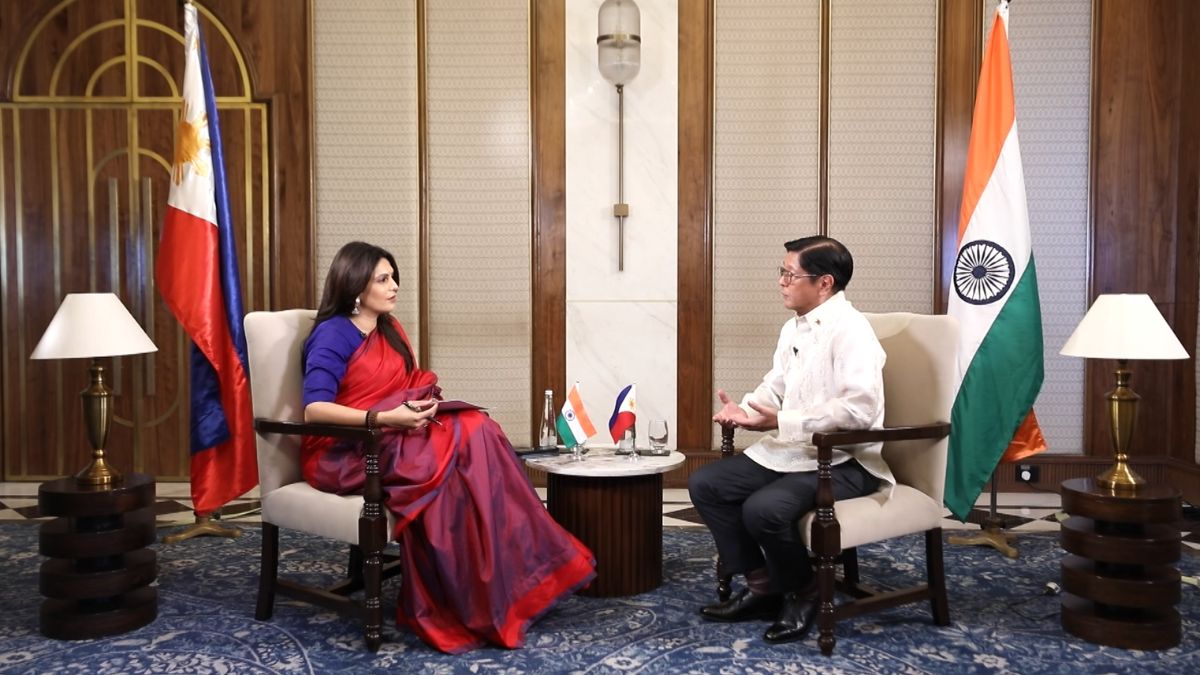The Philippines has reaffirmed its call for peaceful resolution of disputes in the Taiwan Strait, following China’s criticism of President Ferdinand “Bongbong” Marcos Jr.’s recent remarks in an interview with Firstpost .
In an interview with Firstpost in New Delhi on 6 August, President Marcos highlighted the Government’s major concern for the safety and welfare of more than 100,000 Filipino nationals residing in Taiwan. He pointed out the country’s geographic proximity to Taiwan, stating that any military conflict there would inevitably affect the Philippines.
President Marcos reaffirmed adherence to the One-China Policy, as established under the 1975 Philippines–China Joint Communiqué, and reiterated the country’s policy of non-interference in China’s internal affairs. He underlined that the Philippines continues to advocate for dialogue, regional stability, and the peaceful settlement of disputes in global forums and diplomatic settings.
China responded sharply to Marcos’s remarks, lodging official protests and accusing the Philippines of “playing with fire” on issues it considers core to its sovereignty.
The Chinese Foreign Ministry reiterated that the Taiwan issue is an exclusively internal matter and warned against external interference, urging Manila to respect the one-China principle.
Impact Shorts
More Shorts“‘Geographical proximity’ and ’large overseas populations’ are not excuses for a country to interfere in the internal affairs of others,” China’s foreign ministry said in a statement.
“We urge the Philippines to earnestly adhere to the one-China principle … and refrain from playing with fire on issues concerning China’s core interests.”
Marcos’ remarks came amid heightened tension between Beijing and Manila over territorial disputes in the busy waterway of the South China Sea.
Both countries have traded accusations of aggressive manoeuvres and sovereignty violations there, prompting the United States to reaffirm its commitment to defend the Philippines.
)